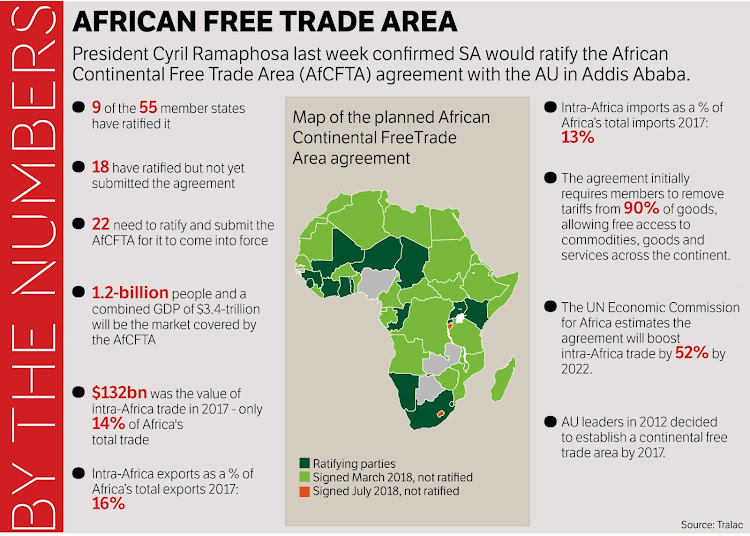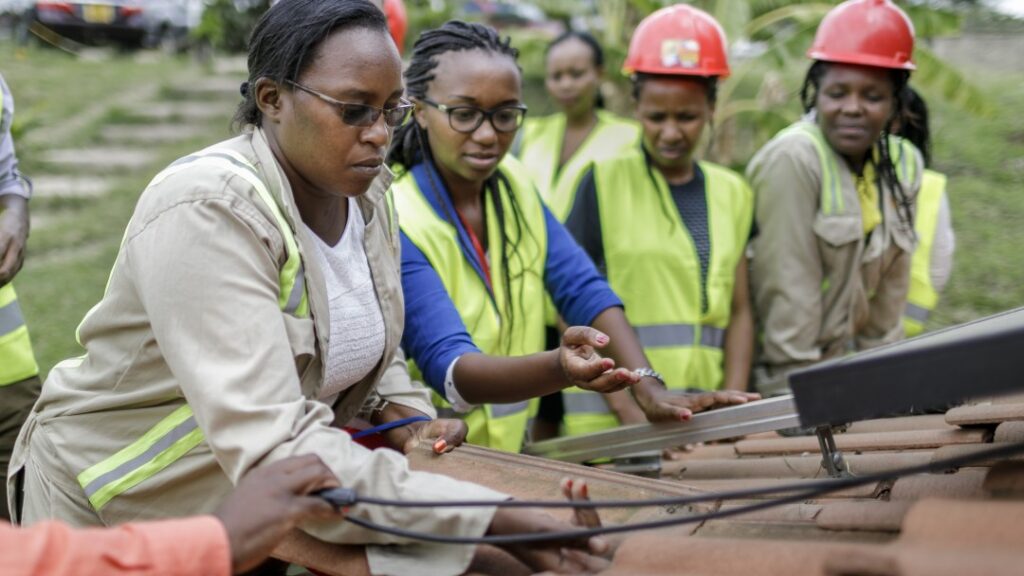05 Feb 2024

In the pursuit of a united, prosperous, and peaceful Africa
In the pursuit of a united, prosperous, and peaceful Africa, the continent has taken a significant stride forward with the implementation of the Africa Free Trade Agreement (AfCFTA). Envisioned in alignment with the Pan African Vision of “An integrated, prosperous, and peaceful Africa” as outlined in Agenda 2063, the AfCFTA aims to create a single market for goods and services, facilitated by the movement of persons, thereby deepening economic integration across the African continent.
The cornerstone of AfCFTA lies in its commitment to establishing a single market for goods and services. By progressively eliminating tariffs and non-tariff barriers to trade in goods, the agreement aims to foster a liberalized market that encourages economic growth and prosperity. This bold move towards a unified market is not only an economic imperative but also a testament to the collective will of African nations to work together towards shared goals.
Liberalizing Trade and Promoting Cooperation
Through successive rounds of negotiations, AfCFTA aims to progressively liberalize trade in services. This ambitious agenda reflects a commitment to not only promote economic growth but also to foster cooperation on investment, intellectual property rights, and competition policy. By doing so, the agreement aspires to facilitate the movement of capital and natural persons, promoting investments and building on the initiatives and developments in the State Parties and Regional Economic Communities (RECs).

Sustainable Development and Gender Equality
One of the key aspirations of AfCFTA is to promote sustainable and inclusive socio-economic development, with a strong focus on gender equality. By enhancing the competitiveness of the economies of State Parties within the continent and the global market, the agreement seeks to empower all members of society, ensuring that the benefits of economic growth are shared equitably.
Industrial Development and Regional Value Chains
AfCFTA recognizes the importance of promoting industrial development through diversification and regional value chain development. By fostering agricultural development and ensuring food security, the agreement addresses critical aspects of economic transformation. This commitment is a crucial step towards resolving challenges related to multiple and overlapping memberships, expediting regional and continental integration processes.
Institutional Framework and Dispute Resolution
To ensure the effective implementation of AfCFTA, the agreement establishes and maintains a robust institutional framework. This framework is designed to address trade-related issues, cooperate on customs matters, and implement trade facilitation measures. Furthermore, AfCFTA introduces a mechanism for the settlement of disputes concerning the rights and obligations of State Parties, fostering a cooperative environment and ensuring the smooth functioning of the agreement.
Conclusion
The Africa Free Trade Agreement represents a beacon of hope for the continent, demonstrating the collective commitment of African nations to overcome economic challenges and build a prosperous future. By creating a single market, liberalizing trade, and promoting cooperation, AfCFTA is laying the foundation for sustainable development, gender equality, and inclusive growth. As the agreement unfolds, Africa stands poised to enhance its competitiveness, foster industrial development, and resolve longstanding challenges, paving the way for a united and prosperous continent. AfCFTA is not just an agreement; it is a transformative force that heralds a new era of economic integration, cooperation, and shared success for Africa.
